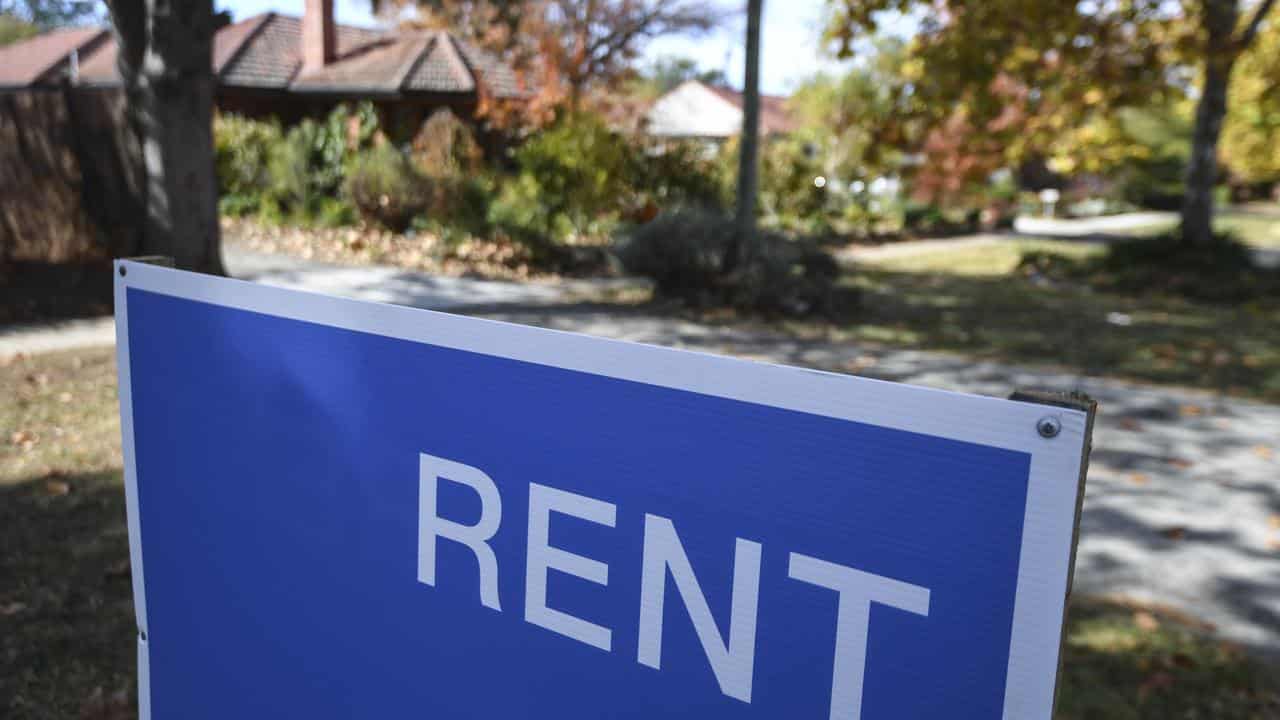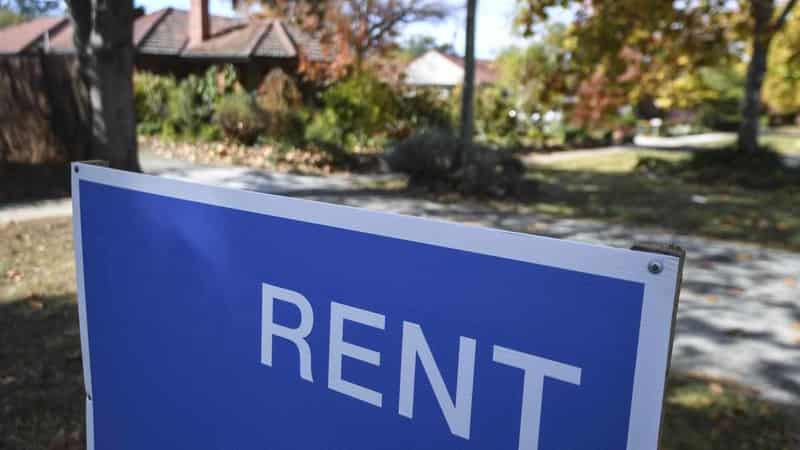
Housing unaffordability not only harms people's finances but also their health, with people in the rental market ageing faster than those who own their own home.
A joint Australian-UK study has found living in a privately-rented home has a greater negative impact on biological ageing - the cumulative damage to the body’s tissues and cells, irrespective of chronological age - than being a former smoker.
"Housing circumstances have a significant impact on biological ageing, even more so than other important social determinants, such as unemployment, for example,” said Amy Clair, lead researcher of the study from the University of Adelaide and University of Essex.
"Therefore health impacts should be an important consideration shaping housing policies."
The researchers found the insecurity and unaffordability of renting were driving contributors to negative health outcomes.
Other aspects negatively affected health regardless of whether a person was renting or owned their own home, including falling behind on payments and pollution.
But the study found improving rental conditions had a measurable, positive effect on health.
"Policies to reduce the stress and uncertainty associated with private renting, such as ending ‘no-grounds’ evictions, limiting rent increases, and improving conditions may go some way to reducing the negative impacts of private renting," University of Adelaide housing researcher Emma Baker said.
The study surveyed 1420 adults in the UK and took into account factors including whether a person rented or owned their home, building type, government financial support available to renters, whether rentals had adequate warmth and whether the house was in an urban or rural area.
Researchers said the study findings were likely to be relevant in settings outside the UK as well, particularly in countries like Australia with similar housing policies.
"Private renters in both countries have very limited security of tenure and face high costs," Dr Clair said.
"It is therefore likely that private renters in Australia might also experience accelerated biological ageing."
Low vacancy rates in Australia are forcing up prices and exacerbating hardships for people with disabilities, single parents, young tenants and those from Indigenous backgrounds, a federal parliamentary inquiry into the rental crisis has heard.
The Greens have called for a two-year freeze on rent increases as well as strengthening protections for renters.
However, Treasury officials have warned capping rents would decrease the quality and supply of homes and increase costs in the long term.









